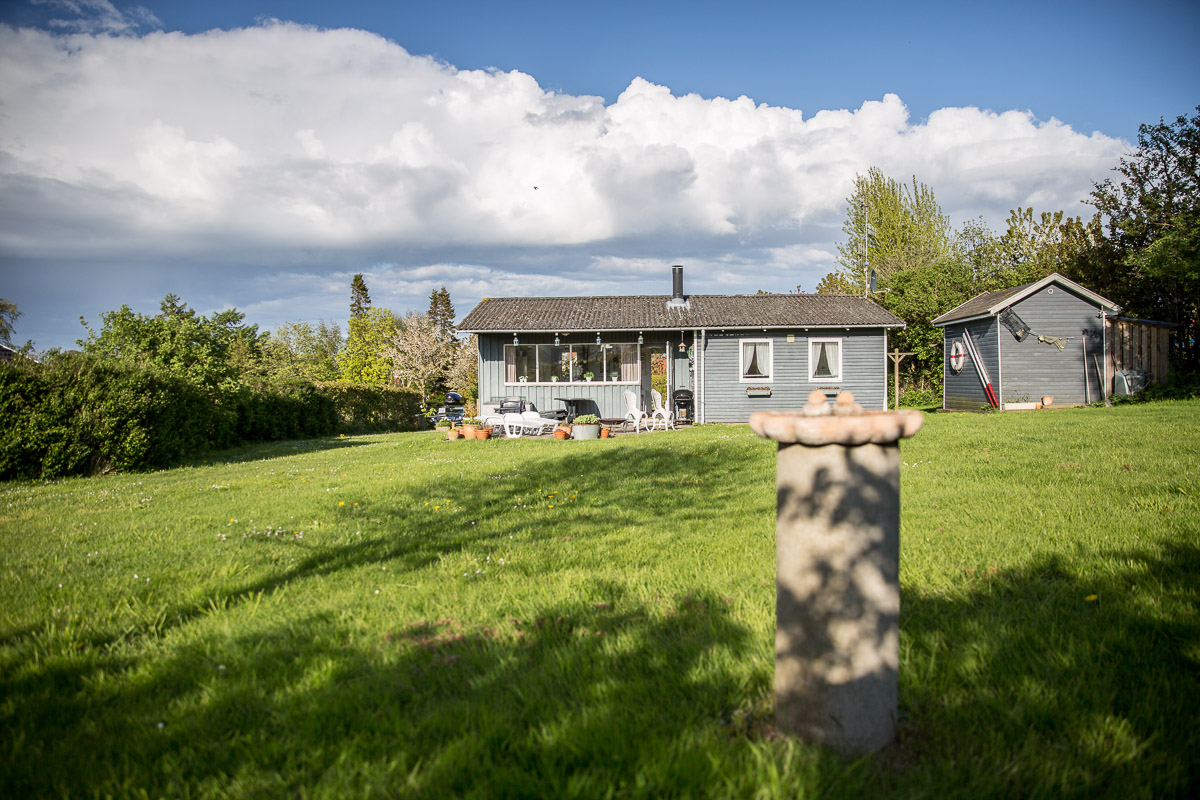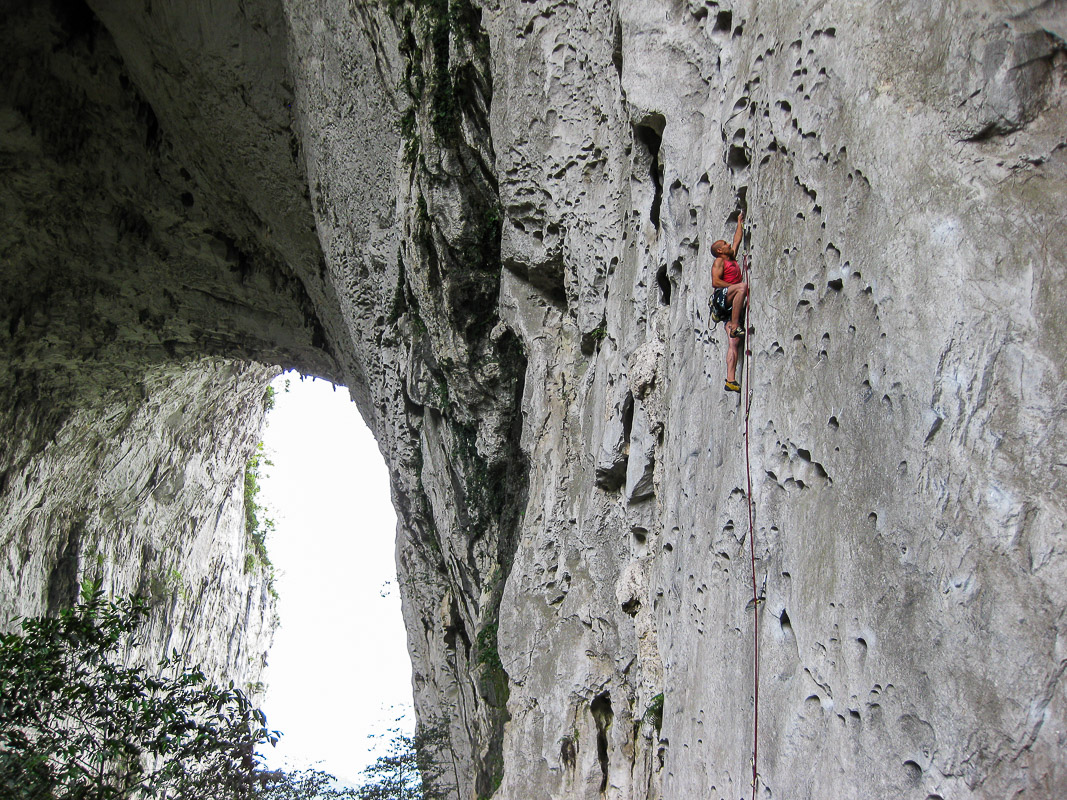Intel Core i7-6700K bent by CPU cooler "be quiet! DARK ROCK PRO 3"
- Details
My PC stopped working from out of sudden. No BIOS, no BEEP, nothing.
After checking all components OK, the last piece of the puzzle had to be the CPU (Intel Core i7-6700K) so I ordered a new mainboard and a new CPU.
The new mainboard + CPU arrived, have been installed and everything is working fine again.
Having the CPU laying around on my desk, I played around with it, and noticed, that the substrate looked somehow bent. I compared it to the CPU socket and the "dents" in the substrate perfectly match some plastic spacers of the socket 1151.
{gallery}article/19{/gallery}
Searching for "Skylake bent" on the internet, brought my attention to this site: Skylake: Kühler können Sockel-1151-CPUs beschädigen
I suspect that the cooler (be quiet! - DARK ROCK PRO 3) bent the substrate of the CPU over the course of 2 years until it failed.
The components involved:
- CPU: Intel Core i7-6700K
- Mainboard: ASUS Z170-A
- Cooler: be quite! DARK ROCK PRO 3
- Case: be quiet! Silent Base 800
The PC was assembled by me in October 2015 and broke down in November 2017. It was never moved, transported or physically abused (which would explain such a deformation).
Be aware of this issue if you use a heavy CPU cooler like the be quiet! DARK ROCK PRO 3. I will try to reach out to be quite! to see if there have been reports of those kind of incident.
UPS PIco HV3.0A Stack Plus on LibreELEC
- Details
I am currently trying to make the UPS PIco HV3.0A Stack Plus from πmodules fly on LibreELEC 8 running on a RASPBERRY PI 3 MODEL B. I'll update this post as I make progress.
First of all, all stuff is in place in regards to the drivers needed for the RTC part (as I got many request regarding those drivers. They are in place, you do not have to do anything).
You can check the existence on your system with "cat /lib/modules/$(uname -r)/modules.builtin" for drives build statically into the Kernel and "ls ls /lib/modules/$(uname -r)/kernel/drivers/rtc" for the drivers compiled as module.
- rtc-ds1307 is available as module
- i2c-dev is compiled into the Kernel
- i2c-bcm2708 is compiled into the Kernel
On the software side two Python packages are missing: XMLTODICT and JINJA2.
- To enable picofssd to talk to the PIco, you need to install the addon "rpi-tools" which provides RPi.GPIO
- To read the config file for picofssd we need xmltodict.
- To send emails we need to download & compile "jinja2"
This is on my TODO-List - didn't set up a LibreELEC dev system yet
We can easily work around this flaw by deactivate the eMail feature.
--> Comment out the instantiation of the sendEmail class, its invocation and self.alert_email() in the python script "picofssd" (e.g. in PiModules/code/python/upspico/picofssd/scripts or edit it in the new location after installation e.g. /storage/upspico/usr/bin)
Download JAVA JRE JDK via the commandline
- Details
Sick of firing up a web browser, downloading JRE or JDK to your desktop and scp it to the server you are updating?
I was:
wget --no-check-certificate --no-cookies --header "Cookie: oraclelicense=accept-securebackup-cookie" http://download.oracle.com/otn-pub/java/jdk/8u92-b14/jdk-8u92-linux-x64.tar.gz
If you are using Gentoo, you can use this script.
Rainbow Six - Siege (port forwarding for open NAT type)
- Details
As UBI gave a ridiculous long but incomplete list of ports which have to be forwarded to make R6-Siege report the NAT type to be open, I decided to figure out on my own what I really need to make R6-Siege report an open NAT type as UPNP and a never ending list of ports which have to be forwarded is not an option for me.
So let me first quote the ports provided from UBI:
Uplay
TCP: 80, 443, 13000, 13005, 13200, 14000, 14001, 14008
Rainbow Six: Siege
UDP 10000-10099, 3074, 6015
TCP 80, 443
Source: CONNECTIVITY ISSUES IN RAINBOW 6 SIEGE
Once I configured that list, the NAT type reported was still "moderate". So I looked at "Process Monitor" (Sysinternals) and Wireshark on which ports R6-Siege is hogging. After launching it a couple of times while my desktop was configured as "exposed host" (all ports directly forwarded to it) it looked like R6-Siege is picking a random UDP port from 50000 onward.
This range 50000-60000 was missing in the list of UBI. After adding this R6-Siege always (until now) reported an open NAT type.
After further trying to narrow the required ports down, I ended up with a single UDP port and a range of UDP-Ports which have to be forwarded:
TCP: 6015
UDP: 6015, 50000-60000 (if this fails for you, try UDP 49152-65535)
If I should figure out this is wrong for whatever reason, I will update it here.
Update 28.12.2015:
I made a mistake while writing this. It requires only the above UDP ports. I attached a screenshot of my Fritz!Box port forwarding settings.
Update 02.01.2016:
Some players had to extend the port range to 65000 *sigh* and it might depend to which data center you are connecting.
Update 16.06.2016:
Nyr suggested, that Ubi is using the entire range from port 49152 to 65535. This range is delegated for private use or custom services and not officially assigned by IANA.
So if the above mentioned port range fails on you, try forwarding the entire UDP range from port 49152 to 65535.
Update 30.07.2016:
Looks like 6015 was unnecessary (It was the local port. The remote port was UDP 9103)
Shutdown your home server if it's idle
- Details
You have a small server running at home, but don't want it to waste energy if nothing is going on?
Try this little script which checks a couple of parameters to determine if your server is in use or not and if not, it will shutdown the server.
This can be perfectly combined with an automated wake-up setting in the BIOS or a remote controlled power plug or WOL or {your solution goes her to power on your server}.
New checks and metrics can easily be added. Feel free to adjust everything to fit your needs.
The download is located under "Misc programs"
Page 2 of 3











































